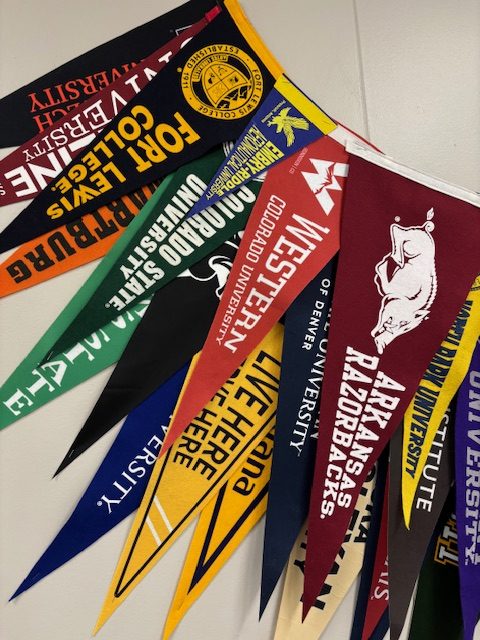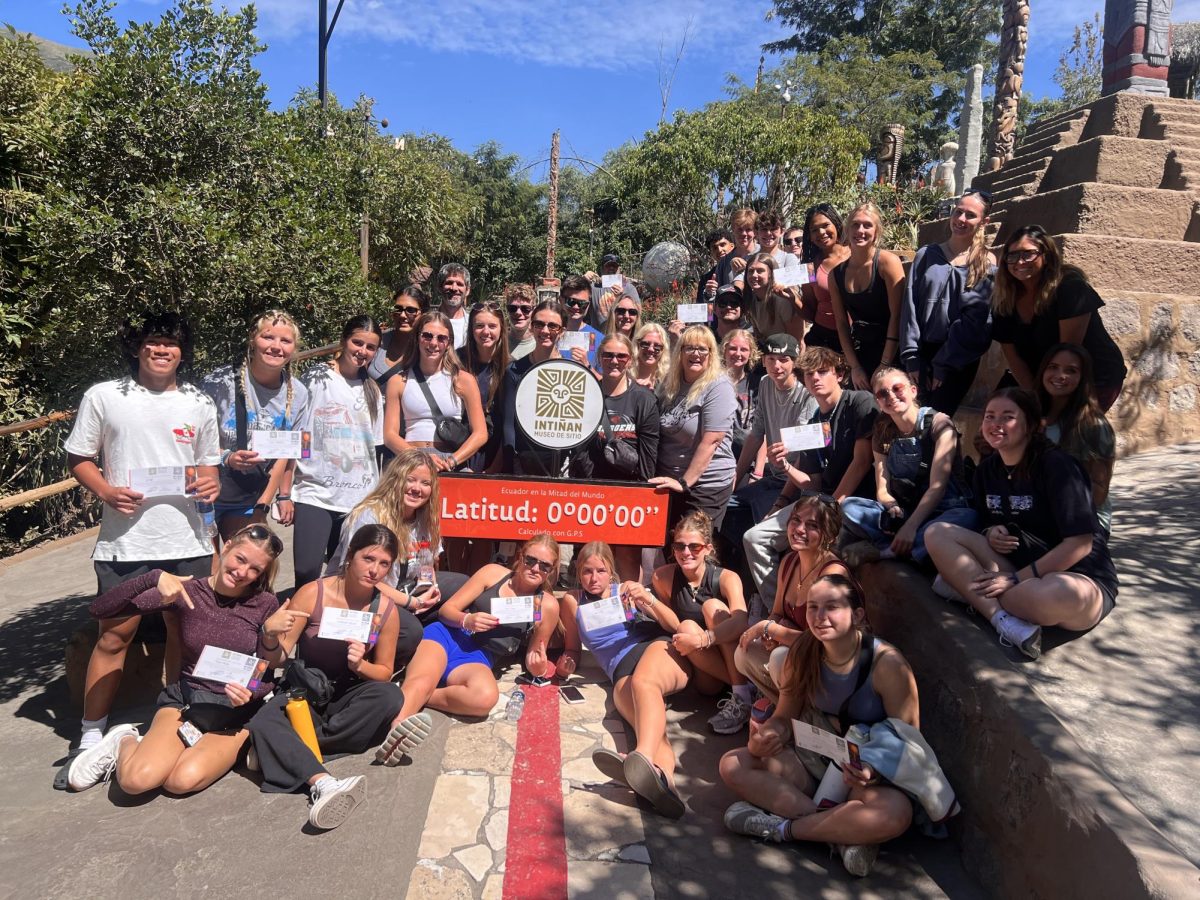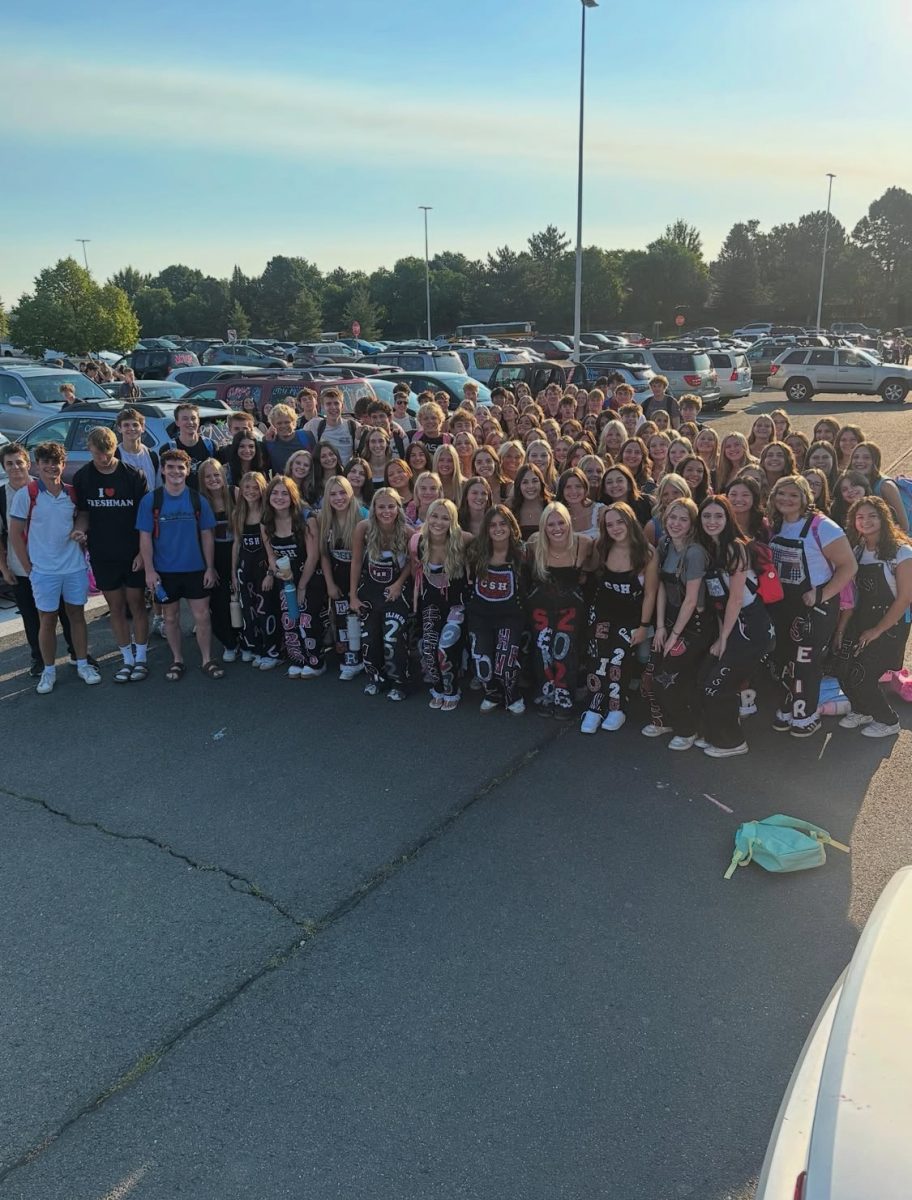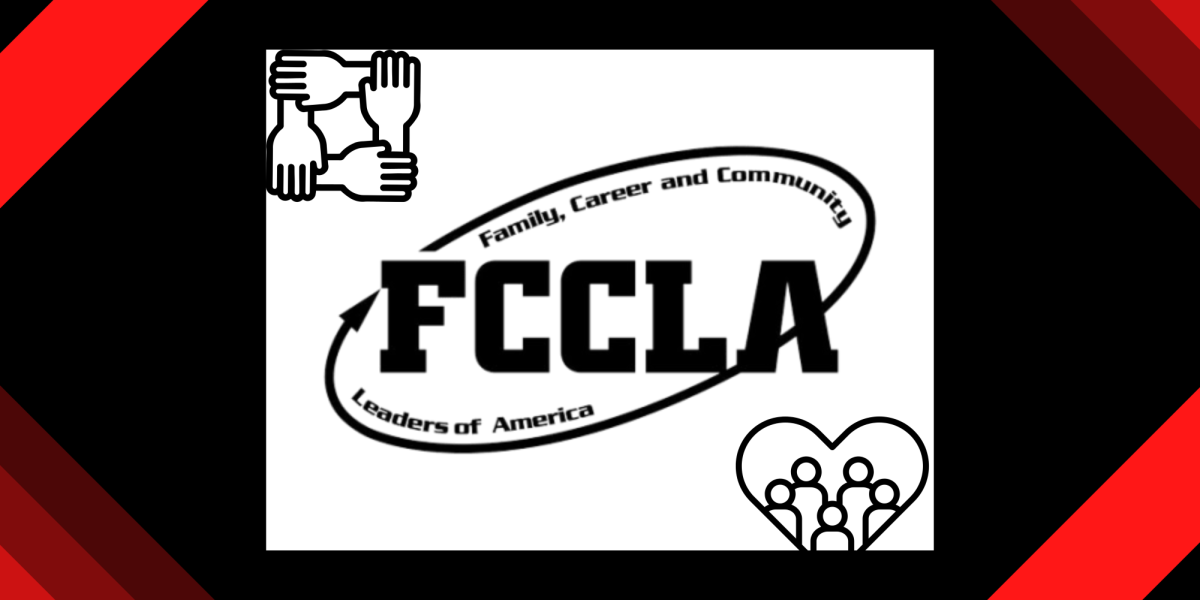The pathways after high school are endless, most of the time revolving around the ideal of attending a university. Often there are career options that require only the necessary skills, achieved through trade schools and even community colleges. It is a complex decision factoring in tuition costs, altering job markets, student loans, meaning the decision of going to college is no longer a straightforward “yes.” Many individuals are now faced with determining if college is essential to their individual objective for life.
A college degree can be vital for your success in today’s job market, as an increasing number of jobs demand advanced education. According to research, earning a degree in your desired field can significantly and broadly affect your life, helping you to make a positive difference. Chatfield’s own Ms. Erb in our Career Hub is an incredible wealth of information when speaking on this topic, as she helps students with what their life is going to look like outside of high school. The financial concerns are certainly a reason to lean to the side of not going to college, but Ms. Erb states “if you are motivated to go to college, and that is what’s needed for your choice of career, you should still apply because there are many ways to receive financial support.” Money is one of those make or break factors in deciding if college is something to pursue, but when college is essential for your intended career path, there are notable organizations such as FAFSA (Free Application for Federal Student Aid), grants, work-study, loans, and scholarships that make college more affordable.
As of the graduating class of 2025, career interest in Chatfield students has been in the STEM field and health sciences, along with business, being pursued at mostly in-state schools, as well as Montana State University, which is gaining in popularity. Continuing your education – especially when taking advantage of opportunities in financial aid, as well as free high school concurrent enrollment benefits and our Career Hub – can lead to the creation of lifelong friends and developing connections that allow you to dive straight into your passion.
Not attending a four year university has become a very viable option in students after high school plans. PBS communicates this statement, saying “nationwide, undergraduate college enrollment dropped 8 percent from 2019 to 2022.” The discovery of trade schools, apprenticeships, military opportunities, indulging in giving back to the community, and saving money have all been factors leading to a belief that college just isn’t worth it anymore. In the US. Gap years in Europe are very popular, allowing time for traveling, community service, and participating in year-long apprenticeship programs specialized to your career choice. Ms. Erb suggests when thinking about a gap year “that you are truly trying to save money if that is your reason, and put thought and intention into calculating why a gap year is a feasible option for you.”
Non-College Links to College Alternatives
Gap Year Options – Click here
Salvation Army – Click here
Red Cross – Click here
Peace Corps – Click here
Career Trade Schools – Click here






















Nana Lynn Williams • Nov 7, 2024 at 2:57 PM
Lauren this was very well written and quite thoroughly researched. I am so proud of you.
Bob Oakeson • Nov 7, 2024 at 1:16 PM
Very well written and informative. Every junior and senior student should be strongly encouraged to read this article.
Kevin • Nov 7, 2024 at 12:50 PM
Awesome write up L. I highly encourage conversations with people already in the desired career field to ask about the reality and experience.